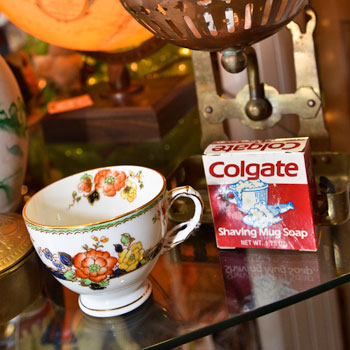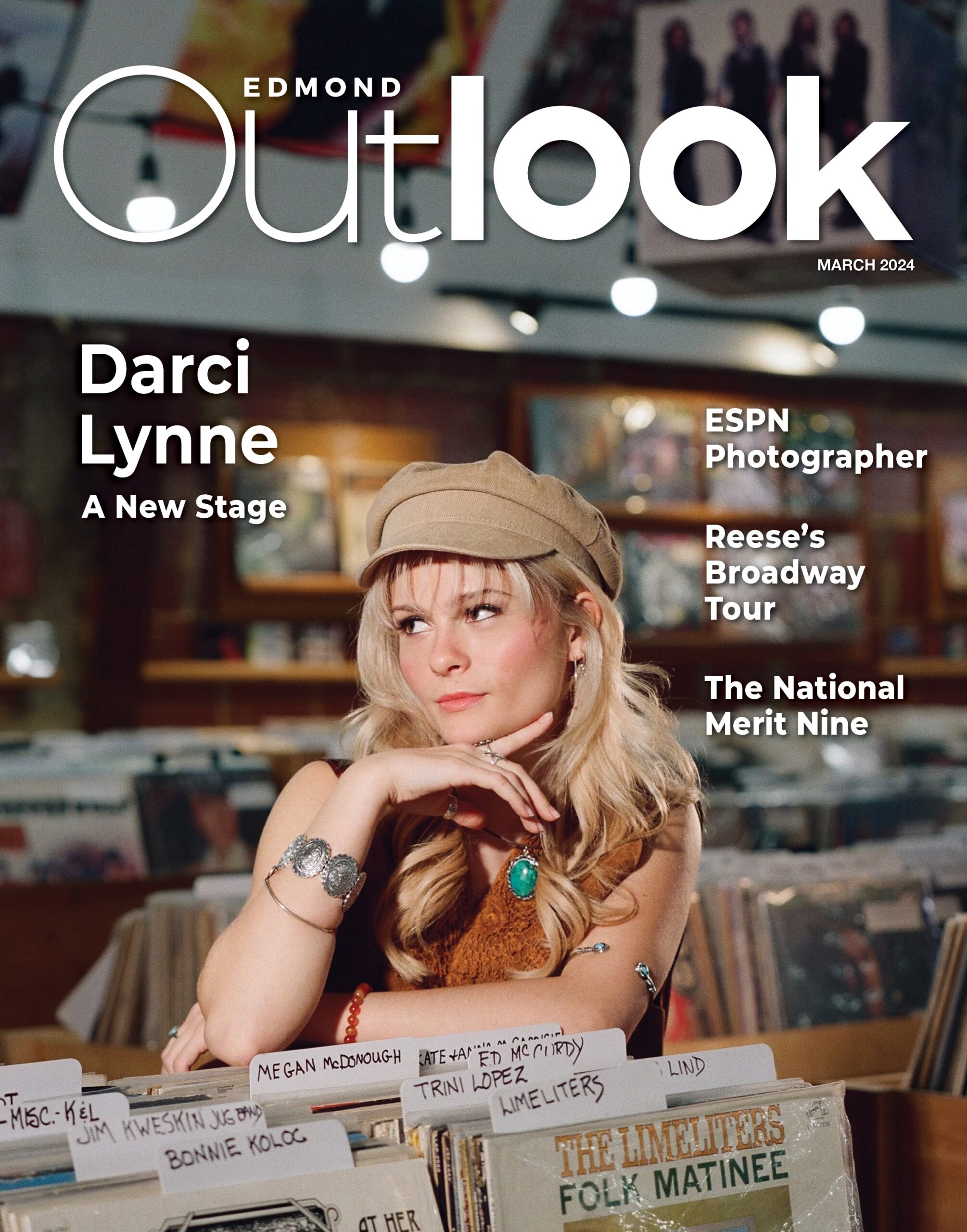HOME: Everything Must Go
 An antique armoire. A half-empty bottle of glass cleaner. A worn pair of blue jeans. Cans of green beans. An old collection of dolls. Oriental rugs. Rolls of toilet paper. This hodge-podge assortment and more is what can be found and purchased at estate sales.
An antique armoire. A half-empty bottle of glass cleaner. A worn pair of blue jeans. Cans of green beans. An old collection of dolls. Oriental rugs. Rolls of toilet paper. This hodge-podge assortment and more is what can be found and purchased at estate sales.
“The craziest thing we have sold yet were military flight suits and other military paraphernalia from one of the wars,” said Ginny Hawkins, an Edmond real estate agent who has recently started a business conducting estate sales with fellow agent Kristyn Grewell. “But most of the stuff (we sell) is the same stuff we all have.”
“Another time, we were going to take down the silk flowers along the top of the kitchen cabinets, but when we climbed up there, they were not only all dusty and dirty, but they were stapled in, so we left them, thinking no one would want them anyway,” Hawkins said. “Then a couple came through and bought every one of them!”
“You can never predict what will sell,” Grewell said. “An item that we think is a prized item will be left at the end of the day, while another we debated on throwing away will be the first thing to sell. You can just never tell.”
Grewell and Hawkins entered the estate sale business somewhat by chance. The two always had attended estate sales, and Grewell had a friend that was hosting one, so she helped. That gave her the idea for a new business, one in which Hawkins was glad to partner with her. Given their real estate background, they had an inside track on situations in which their services might be needed.
“If someone has passed away, or is downsizing, or moving into a retirement center … those are times in which estate sales are beneficial,” Grewell said. “It’s really any time the personal property needs to be liquidated on a larger scale than just a garage sale can handle.”
The first step is the women’s visit to the property to identify any items that will not be sold. Grewell and Hawkins recommend these items be removed from the property to avoid any confusion. They also discuss with the owner any items that will have a minimum price that needs to be met in order for the client to let it sell. “These are usually ‘I don’t want to take it with us, but need to get at least this amount or it will break my heart’ types of pieces,” Grewell explained. Grewell and Hawkins also refer clients to dealers for the sale of any firearms. They make note of what items need to be appraised and what they need to research in order to be able to accurately price.
“The furniture varies from house to house – some pieces are originals and some are reproductions,” Hawkins said, and the owners aren’t always sure which is which. “Things that (the owner) has looked at all their life and sees as valueless can be valuable, and vice versa.”
The client then turns over the key and the real work begins. Grewell and Hawkins go through every single item in the house and price each one. The golden rule in estate sales is everything sells as is, where it is. So they price the dishes, but return them to the cupboard. They open up dresser drawers and price the clothing, but leave the items folded in the drawers. Half-empty products are not exempt from the process and also get priced. “And people buy them! It’s amazing what people will buy,” she said. “But if it’s something they will use, and can get a great price on it, then why wouldn’t they buy it?” Prices generally fall in between garage sale pricing and retail — more of a wholesale type scale, Hawkins explained. The women charge 35 percent of the gross sales and, in return, handle every detail of the process.
Hawkins’ and Grewell’s sales last for three days, usually 8 a.m. to 3 p.m., Fridays and Saturdays, and noon to 3 p.m. Sundays, with Sunday most generally being half-price day. When the women arrive to begin their sale on Fridays, people always are lined up, waiting to get in and start shopping. Many customers have shopped the women’s sales before and are estate sales “groupies.” And with the downturn in the nation’s economy, more and more people are looking to estate sales, rather than buying retail.
Clients find the estate sales from local newspaper advertising, email lists for repeat shoppers, signage and Internet resources such as Craigslist and Facebook. Once the sale is open to the public, the women strongly discourage the homeowners or family from being present. “It’s hard watching people touching and going through your stuff, watching your life go out the door. There is such an emotional connection,” Grewell said.
Hawkins and Grewell said they often play somewhat of a unique counselor role. In the event of a death, the family is grateful to not have to deal with selling pieces that have such emotional ties; in the case of downsizing, they deal with a person who, whether they chose to downsize or are forced to, is coming to terms with a new lifestyle.
When the sale is over, the women box up the remaining items and help their client set up donation pickups. They even provide the option of consigning valuables in their booth at the Broadway Antiques & Market in downtown Edmond.
The entrepreneurs’ long-term goal is to evolve into a full-service estate sale company — one that liquidates real property as well as personal property, by bringing in their real estate component and offering the sale of the house itself, as well as the items inside. “Handling every aspect (of the property liquidation) would relieve home owners of the burden of dealing with it, and allow them to instead focus on the emotional issues involved,” Grewell said.


